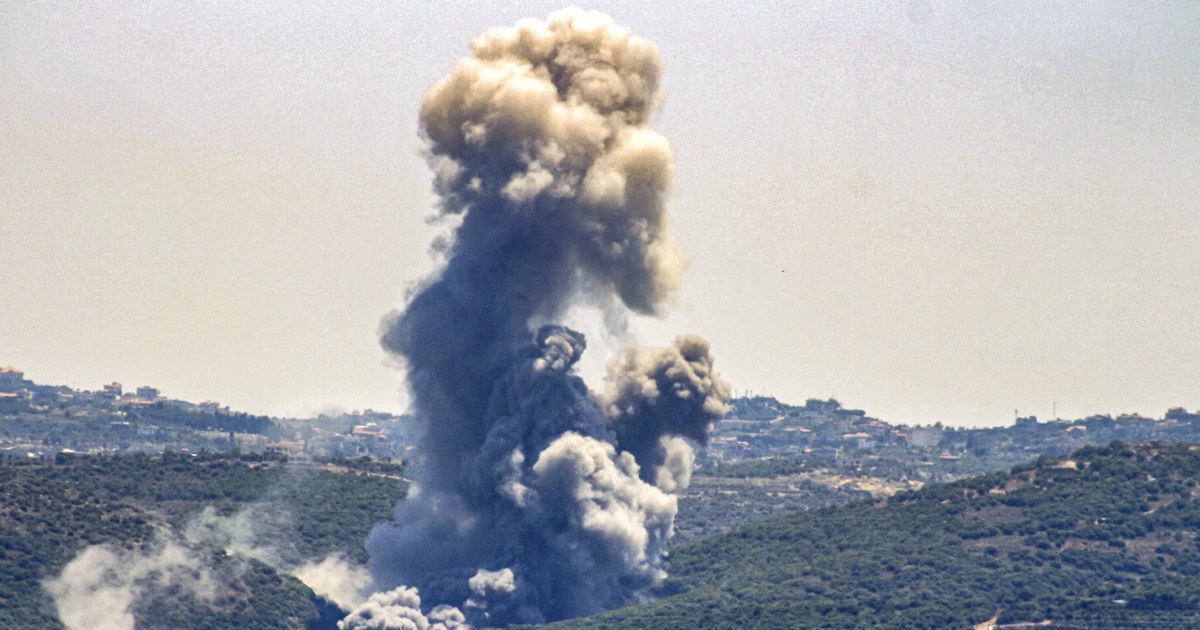Hezbollah’s Al-Manar TV station said the barrage was in retaliation for Israel’s killing of one of its commanders, Taleb Sami Abdullah.
Also known as Hajj Abu Taleb, 55, he was the most senior figure from the militant group killed since the fighting began, and had been in charge of a unit that oversees parts of the southern border region. He was killed in an Israeli airstrike on what the IDF called a “command and control center” in the town of Joya late Tuesday. The attack also killed another three operatives, the IDF said in a statement accompanied by video of the strike.
Cease-fire talks in the balance
The Israeli government has signaled in recent weeks that it may step up its actions in the north, under growing pressure to respond more forcefully to Hezbollah after months of simmering tensions and deadly exchanges.
Hezbollah is backed by Iran and has the largest missile arsenal of any non-state actor in the world, according to weapons watchdogs. Many observers consider its conflict with Israel to have the biggest potential for all-out escalation among these region-wide tensions.
Conscious of this risk, Blinken has been in the Middle East all week, his eighth visit since the war began. On Wednesday he traveled to Qatar, a key mediator in talks.
The U.S. has drafted a plan that aims to secure a truce and the release of the remaining hostages held in the Palestinian enclave. The U.N. Security Council endorsed the draft Monday, and Hamas, which is also backed by Iran, gave its awaited response Tuesday.
Izzat al-Rishq, a member of Hamas’ political bureau, said this was a “responsible, serious and positive” move. But a source familiar with the situation told NBC News that Hamas’ reply had “contained amendments to the Israeli proposal,” including setting a firm timeline for the cease-fire and withdrawal of Israeli troops — suggesting there remained distance between the sides.
There are also doubts over Israel’s commitment to the deal, which were only fueled by the weekend’s deadly rescue operation.
Prime Minister Benjamin Netanyahu is under pressure from right-wing members of his government to reject the U.S.-backed plan, and from hostage families to embrace it.















